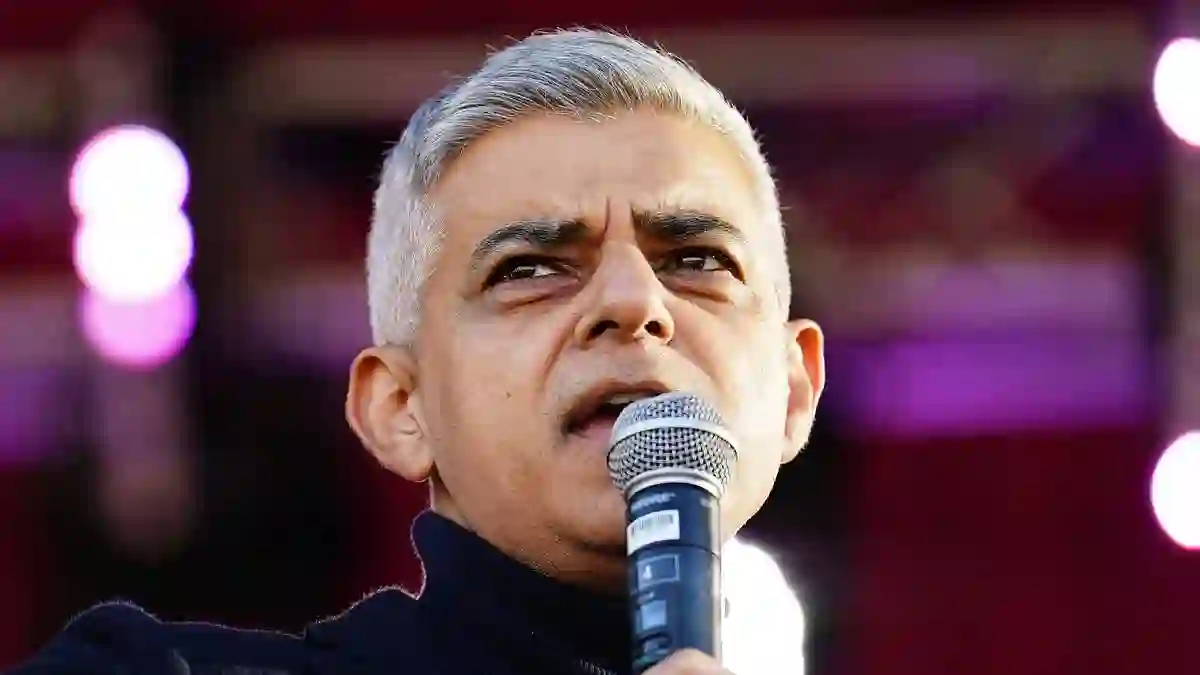If you drive in central London, get ready for a major shake-up.
Mayor Sadiq Khan’s latest plan to increase the congestion charge is set to cost motorists an extra £80 million a year.
From January, the daily fee to enter the central charging zone – stretching from Mayfair to Tower Bridge and Euston Road to Vauxhall – will jump from £15 to £18.
For the first time, electric vehicle (EV) owners will also have to pay the charge, albeit with a 25 per cent discount.
Transport for London (TfL) says the changes, the first since 2020, will bring in much-needed revenue – but critics say it could discourage the EV adoption the Government is trying to encourage.
Tradespeople and Businesses Bear the Brunt
The new charges won’t just affect private drivers.
Electric vans and lorries used by tradespeople and delivery firms will face a 50 per cent reduced cost, while tiny EVs like the Citroen Ami will also pay a half-price fee.
Petrol-powered motorbikes and tricycles, including the mopeds used by many delivery drivers, will remain exempt.
From March 2027, anyone moving into the zone with a non-electric car will be required to pay the full congestion charge, effectively penalising residents who haven’t switched to electric.
Political Backlash and Criticism
City Hall Conservatives have slammed the plan, arguing it undermines incentives for switching to EVs. Keith Prince, transport spokesman, said: “To penalise residents for not adopting EVs is not only inconsistent, but also shows the lengths the Mayor is willing to go to bleed Londoners dry for cash.”
Sadiq Khan’s office has already faced protests over ULEZ expansion and tolls in the Silvertown and Blackwall tunnels, with drivers arguing costs are piling up.
ULEZ alone brought in £226 million in its first year, while tolls appear to have deterred around 5,000 drivers.
The Financial Impact on Drivers
Under the new scheme, older cars could cost £30.50 a day to drive in the capital.
For someone commuting 253 days a year, that’s an extra £759 compared to 2025 rates.
TfL projections suggest removing the EV exemption could generate up to £75 million more a year, rising to £83 million if reductions are not applied.
Annual hikes planned after the initial 20 per cent increase could bring in another £40-50 million over five years.
City Hall sees this as a way to encourage more people onto London’s trains, Tubes, and buses – but business leaders argue it will hit them hard.
Business Leaders Warn of Fallout
Tradespeople and firms reliant on central London access fear the new charges will be passed on to customers or even push them to avoid the city.
Samuel Mather-Holgate, from Swindon-based Mather and Murray Financial, told the Daily Mail that driving is often the only practical way to meet clients in London.
David Tucker, head of a recycling firm with 55 trucks entering the zone, said: “ULEZ and congestion charges already cost my firm £300,000 a year. TfL is absolutely destroying London for businesses.”
TfL Defends the Plan
TfL says the changes are necessary to prevent an extra 2,200 cars from hitting central London each day.
They emphasise that discounts will still be available for EVs and for journeys that can’t easily switch to walking, cycling, or public transport, such as commercial van trips.
A spokesperson added: “Central London is one of the best-connected places in the world with high-quality sustainable transport options.”
